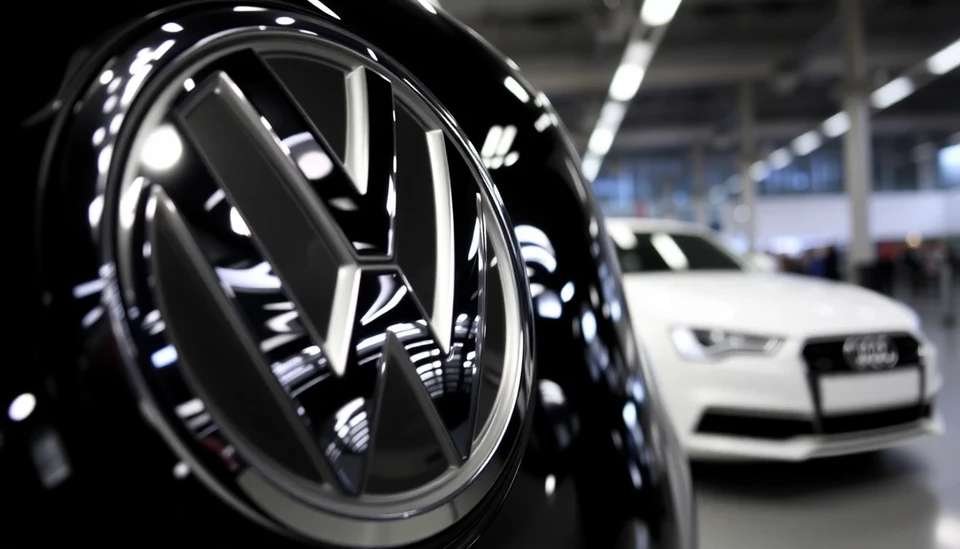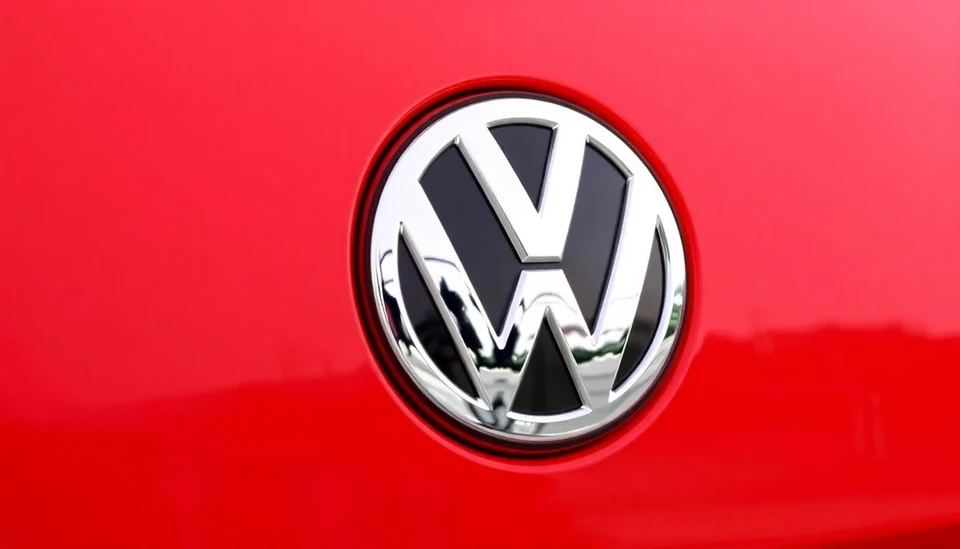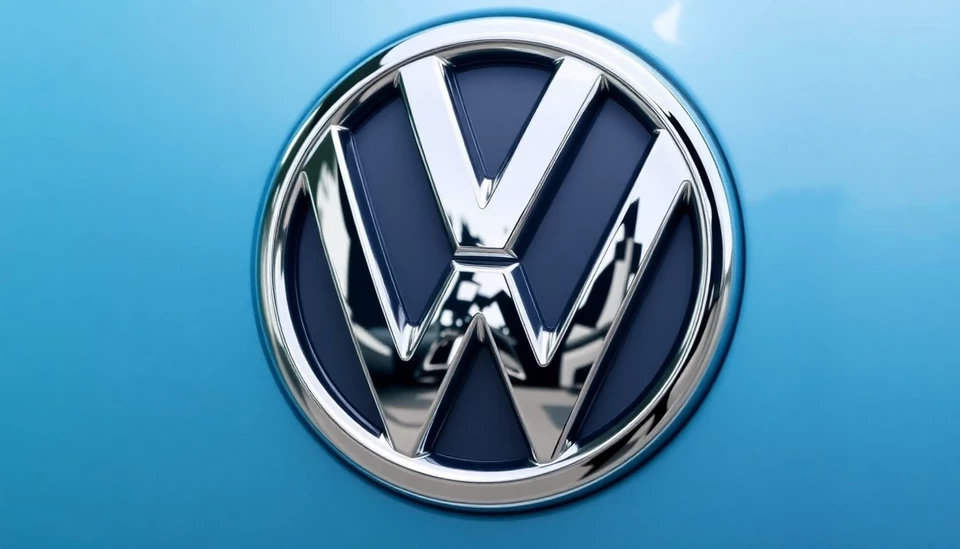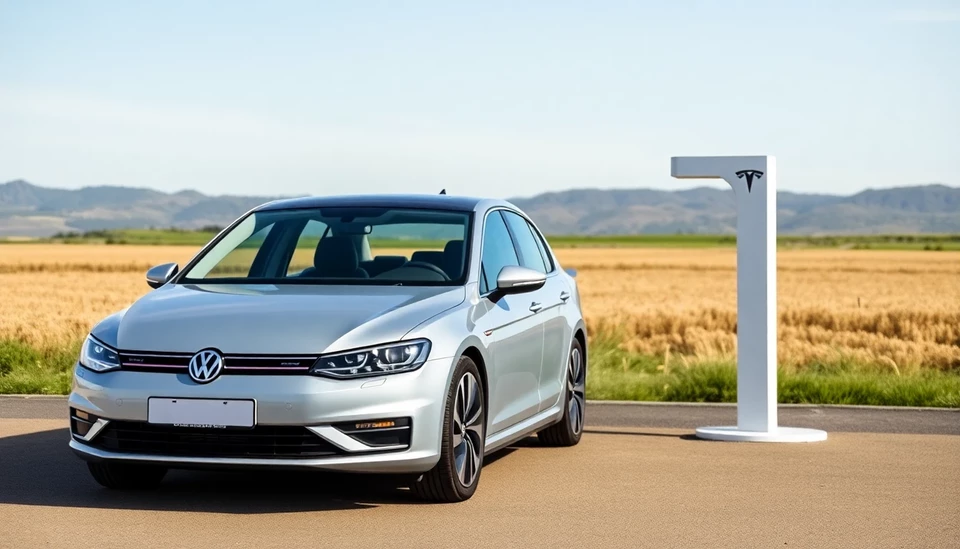
Volkswagen (VW) is bracing for a potentially disruptive wave of strikes as labor unions launch into the fourth round of negotiations regarding employee compensation and working conditions. The ongoing talks have revealed mounting tensions, reflecting broader challenges within the automotive industry as it grapples with shifts toward electrification and rising costs.
The tensions came to a head after union representatives declared dissatisfaction with VW's current proposals, particularly criticism aimed at wage increases that they claim do not adequately reflect the rising cost of living and the company's profitability. Union leaders emphasized that the demands are not merely about pay; they are focused on ensuring job security and improved working conditions as the industry evolves in response to environmental regulations and technological advancements.
Following a series of strikes in recent weeks, which have already hampered production at several facilities, workers are gearing up for further walkouts if negotiations do not progress satisfactorily. Union officials have indicated that if substantial improvements are not made in the upcoming discussions, they will not hesitate to escalate their actions, potentially leading to more widespread disruptions across VW's operations.
The automaker is currently navigating a complex landscape, with shifts towards electric vehicles demanding substantial investment and altering its workforce needs. This transformation underscores the vital importance of negotiating fair terms with the labor force, which is crucial in ensuring employee morale and maintaining productivity in the face of a competitive market.
As VW enters this pivotal round of talks, the outcome remains uncertain. Stakeholders are closely monitoring how negotiations will unfold, with fears that unresolved labor issues could significantly impact production timelines, product launches, and ultimately the company’s bottom line.
VW's leadership has expressed a commitment to finding common ground with the unions but remains focused on balancing fiscal responsibility amidst sweeping changes in the automotive sector. The dialogue is expected to continue intensively over the coming weeks, as both sides understand the high stakes involved in securing a fair agreement.
The growing unrest among workers at VW is part of a larger trend seen throughout the automotive industry, where labor relations are increasingly strained. Companies are feeling pressure not just from financial markets and environmental obligations, but also from their workforce, which is demanding recognition and adaptation to the changing economic landscape.
As the situation evolves, observers within the industry are left to contemplate how effectively VW will navigate these labor challenges while pursuing innovation and sustainability in the years ahead.
In summary, VW finds itself at a critical juncture, weighing the needs of its employees against the backdrop of a rapidly changing marketplace, creating a complex and potentially volatile environment as negotiations continue.
#Volkswagen #UnionNegotiations #LaborStrikes #AutoIndustry #ElectricVehicles #VW #JobSecurity #Wages #EmployeeRights #IndustryChallenges
Author: John Harris




